

While it isn’t exactly going to blow minds or gobble up awards, Oxygen functions as a fairly competent instalment to series ten, operating as a nice little standalone piece before the arc-heavy chaos of next week comes about. Bill Potts (Pearl Mackie) it’s time for her, the Doctor (Peter Capaldi) and Nardole (Matt Lucas) to go on a self-contained romp across the stars.
We begin this week’s story with our darling trickster of a Time Lord trying his darndest to buckle down and get on with his covert duties at the St Luke’s University. The Doctor being the Doctor, however, means it doesn’t take all that long for him to re-indulge in some age-old habits. A mysterious distress call from an unknown corner of the universe is enough for the Doctor to cancel his upcoming seminars and dash off back into the cosmos.
One of Oxygen’s more enticing characteristics is its tendency to give us a bit more of Nardole (Matt Lucas) than we’ve had up until this point. He’s been pottering about in the backdrop like a confused resident who’s mistakenly pottered onto the set for a couple of weeks now. Seeing as the past four episodes have been working to establish Bill as a core companion as well as the new feel for the show, he’s mainly been assigned to the shadows for the most part. This has caused a mixture of intrigue and frustration toward the character. Though his unsolved presence has left audiences pondering what his main purpose for series 10 may be, the fact no one has the slightest clue as to why he’s there does feel a little off. It’s a little bit like the character of Kryten (David Ross/ Robert Llewellyn) in Red Dwarf (1989-present). In series two of the series, Kryten plays a one-off character who’s arc is wrapped up by the end of the series’ opening episode. For the next five episodes of that series, the character is never referenced again. Then, at the top of series three, Kryten is suddenly a main character, with no explanation (other than during a fast-forwarded Star Wars crawl) as to why he’s now a part of the crew. Obviously Kryten and a vast majority of the udden stark changes that took place at the start of Red Dwarf series three went on to reinvent the show in a way that kept it relevant. During those early days, however, the sudden shift felt a little left field. I can’t help but get a similar feeling with Nardole for much of the first four episodes. Sure, he’s part of the series 10 story arc, yet seeing as we’ve spent most the time focusing on Bill getting to know the Doctor’s world, currently he feels like a isolated character from an old story who’s kind of just stuck around for the heck of it.
Fortunately, much like Kryten in Red Dwarf, the arcane return of a secondary character is now beginning to integrate into the show. His screen time in the Pilot was something of a bother if we’re being bluntly honest. Offering snide remarks alongside the Doctor and Bill’s debut adventure distracted from the larger function of that episode. Perhaps a bit like how Mickey Smith (Noel Clarke) got in the way of Rose (Billie Piper) and the Doctor’s (Christopher Eccleston) fateful meeting in 2005’s Rose. Now that we’re five stories in, Nardole’s involvement and presence in the show’s latest blueprint is beginning to feel more natural. I think this is both a combination of the script’s ability to incorporate him more organically into the story, as well as Lucas figuring out how to perform this role. He isn’t quite sticking out like a sore thumb anymore, operating more as a key player among the new Tardis line-up.
Another reason Nardole works better here is he’s more central to the plot than he was in previous weeks. This is likely down to the fact a mid-season, arc-riddled, three-parter looks to be kicking into gear from next week onward. Seemingly he’ll become central to this batch of episodes. We’ve had four weeks of Bill easing into the role of primary companion, so now is probably the best time to establish Nardole’s place in the series the heavier, character-focused stories start dropping.
Capaldi-era regular Jamie Mathieson returns to write this week’s instalment. While Mathieson’s quality has shifted between great and mediocre during his time working for the show, he has proven to be a solid screenwriter; something that certainly shows here. The episode is tense and tightly plotted from start to finish. It’s quite fitting that Oxygen aired the same week as the largely disappointing Alien Covenant hit UK theatres. Whereas Ridley Scott’s prequel failed to deliver in the dread department, it’s nice to have an out-of-space story able to perch us on the edge of our seats, even if it is on a BBC budget. With no sonic screwdriver, a clock ticking ever closer to certain death and a protagonist who loses his eyesight during the events of his story, it’s apparent our heroes are in serious trouble. Mathieson does a good job of backing our protagonists into a corner at every opportune, which conjures up more than enough dread to keep us invested right the way through.
As for the episode’s baddies, we’ve got some fairly unoriginal-yet-creepy space zombies. Though it’s the sort of creature done a bazillion times over (heck, the Cybermen are practically a cosmic adaptation of the living dead), the designs here are beautifully realised, perfectly matching the story’s aesthetics. Seeing as our heroes are trapped upon a claustrophobic space station, they function as a fitting foe for this type of episode. Zombies work well in enclosed spaces; more so than they do amongst an open terrain. There’s nowhere to run, and with the stress of running out of air making it hard to think clearly, not really many places to hide. If there’s a time to utilise a gang of animated dead people, a cramped spaceship in fraught circumstances is certainly a good time to go about it.
Perhaps one of Oxygen’s strongest areas lies in how well it employs the show’s newly implemented pacing and structure. It’s perhaps the best execution of the world-building style series 10 has opted to bring to the show’s forefront. We get to learn plenty about how this time period functions as well as the ways in which this world’s technology operates. Set during a period in history in which capitalism has reached its logical extreme, oxygen has now become a commodity in which a price tag is assigned to it. If humans wish to continue respiring, they must dig out their wallet if they wish to keep their lungs nourished. It’s pay or die. Mathieson doesn’t feel afraid to take a pop at the callousness of capitalism; using the premise of limited oxygen to comment on the heartless and absurd nature behind neoliberalism; a model that if unchecked, will happily put lives on the line for a profit. I’m not suggesting Oxygen is going to win any awards for metaphor of the year, but it always fun to see Doctor Who embrace its left-wing nature. A middle-finger to capitalism, no matter how big or small, is always a nice way to go about it.
Perhaps one of Oxygen’s biggest issues is how it tries to juggle a sense of urgency at the heart of its story while simultaneously giving our main leads enough time to bounce off of one another. Slowing down the plot progression has been common for series 10 so far. During past episodes, however, this has been achievable by having the Doctor, Bill and (sort of) Nardole potter about the alien environment before the main story kicked into gear. The problem here is the less hasty of sequences between the severity positioned at the heart of this story do feel a touch out of place at times.
All in all, Oxygen is an adequate instalment that offers enough tension and thrills to keep us invested for much of its runtime. It functions as an absorbing tension-riddled standalone story; has space zombies to up the stakes; a premise serving to criticise capitalism and includes some rather wonderful primary character moments littered throughout the pages of its screenplay. It’s certainly no envelope pusher of a story, plus there’s some wobbly pacing that does feel at odds with the ticking time-bomb approach central to the episode’s premise. Fortunately, neither of these things compromise the quality of the episode too greatly.

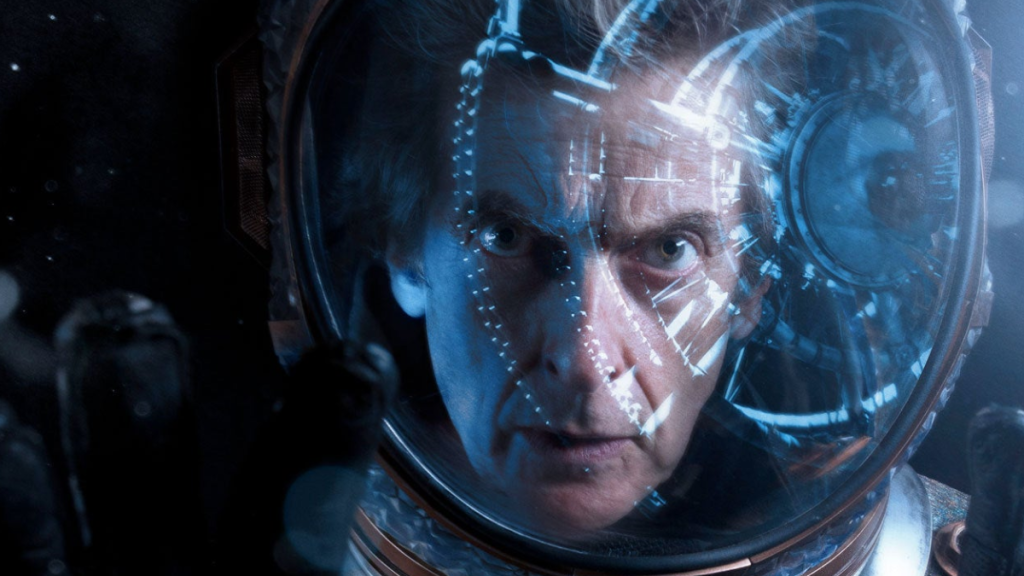

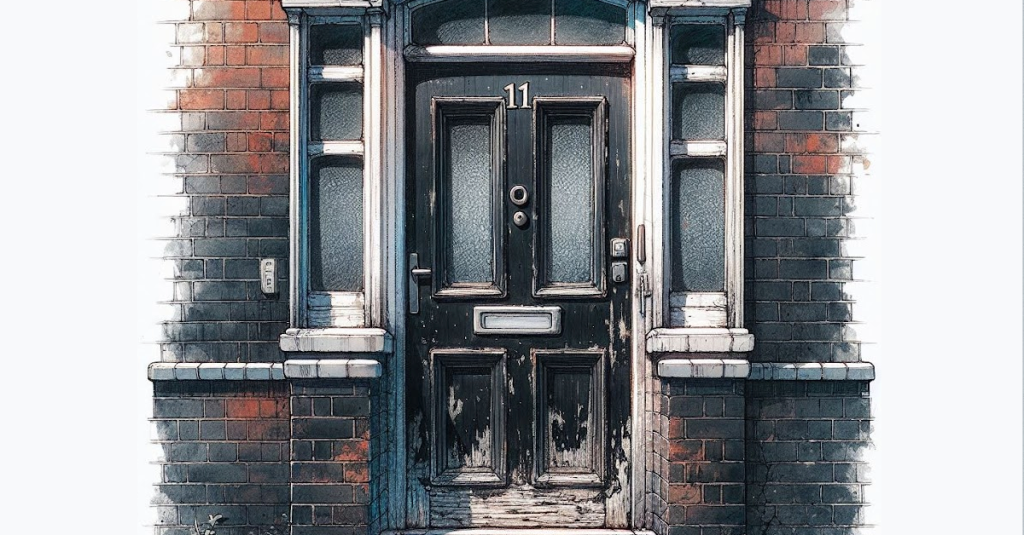
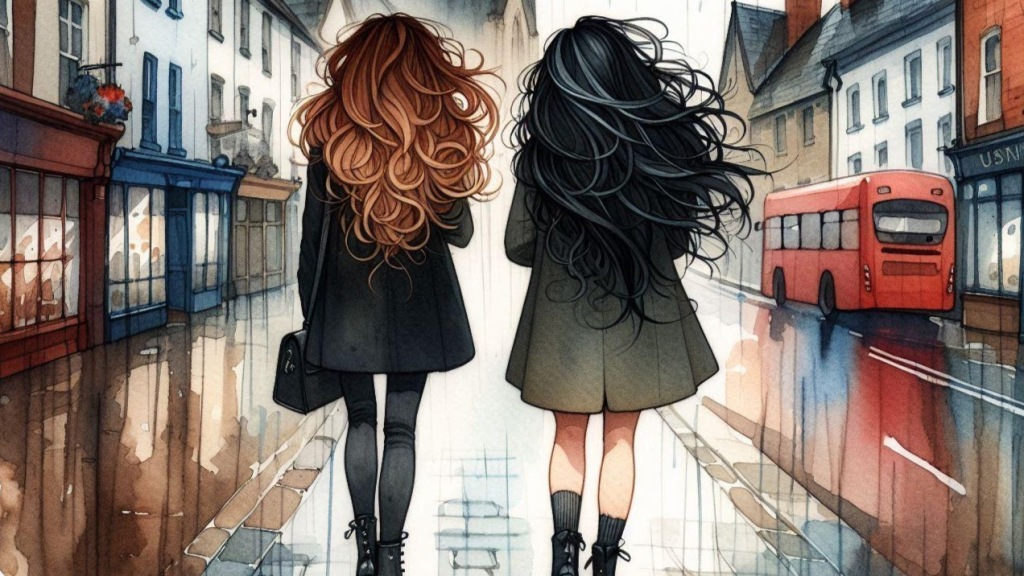
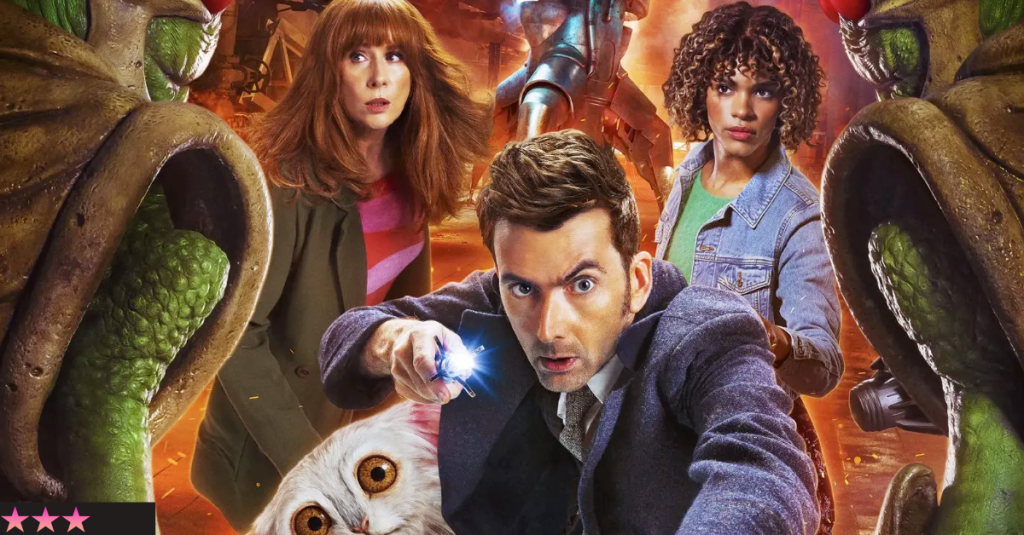
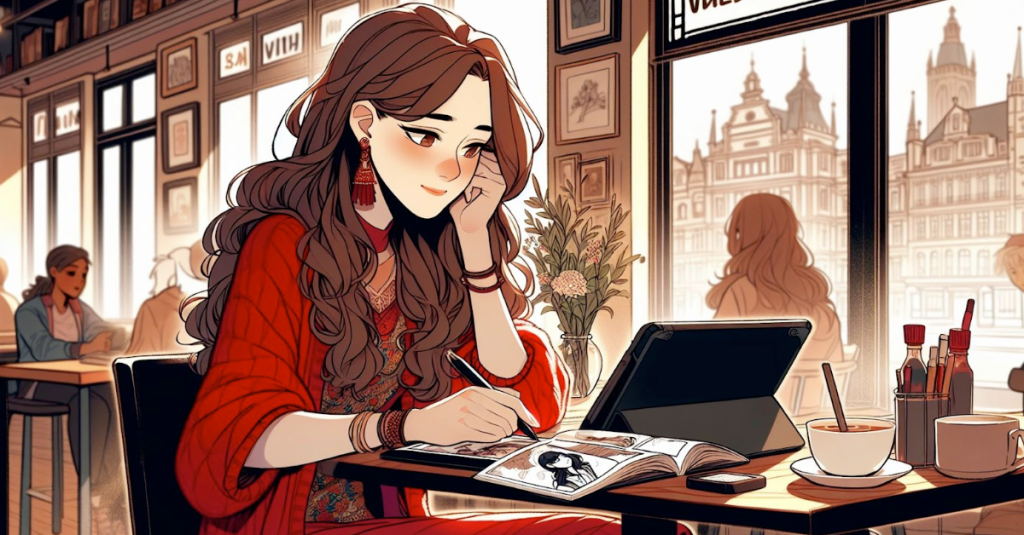


You must be logged in to post a comment.